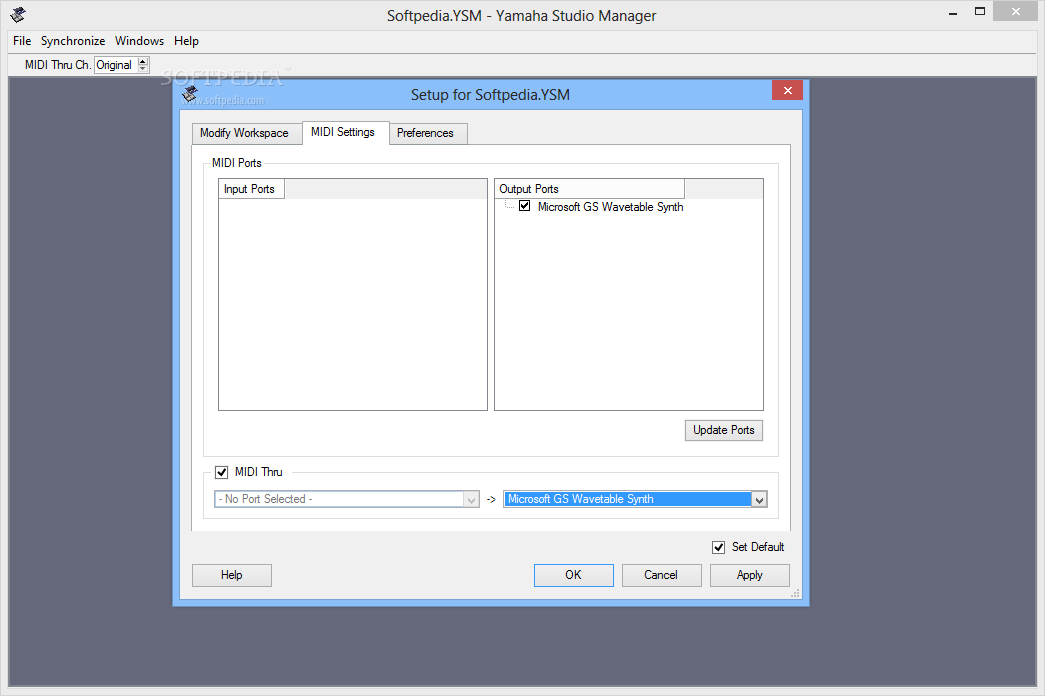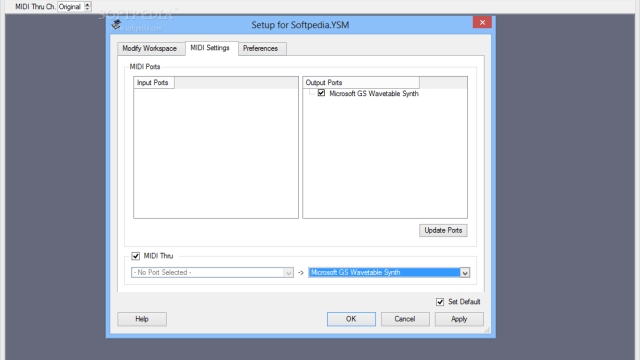Running a successful business requires efficient organization and effective management. In today’s competitive market, customer relationship management (CRM) and studio management are essential tools that can unlock the doors to success. Whether you run a creative agency, a yoga studio, or any other type of business, establishing a strong CRM system and implementing robust studio management practices can streamline operations, enhance client relationships, and boost profitability.
CRM plays a pivotal role in building and maintaining strong connections with clients. By capturing and organizing crucial customer data, such as contact information, purchase history, and communication preferences, businesses can tailor their approach to meet individual needs. A well-implemented CRM system not only allows for better client understanding but also facilitates targeted marketing campaigns, personalized promotions, and efficient customer support. With CRM, businesses can cultivate long-term relationships, exceed client expectations, and establish a loyal customer base.
Studio management, on the other hand, focuses on optimizing internal operations to ensure smooth day-to-day functioning. From scheduling classes or appointments to managing staff and resources, effective studio management streamlines processes, reduces administrative burdens, and enhances productivity. Additionally, studio management tools often include features such as online booking and payment systems, automated invoicing, and reporting capabilities, simplifying financial management and providing real-time insights into business performance.
Combining CRM and studio management can seamlessly integrate front-end client interactions with back-end business operations. By utilizing these interconnected systems, businesses can effectively manage client relationships while optimizing internal processes. The result is improved organization, greater efficiency, and increased profitability.
Studio Management
As we delve deeper into the intricacies of CRM and studio management, we will explore their key features, benefits, and best practices for implementation. Join us on this journey as we unlock the potential for success by mastering CRM and studio management.
The Importance of CRM in Studio Management
CRM, or Customer Relationship Management, plays a vital role in the successful management of a studio. It serves as a central hub for organizing and maintaining data related to clients, projects, and interactions. By leveraging the power of CRM, studio owners and managers can streamline their operations, enhance client satisfaction, and ultimately drive towards greater success.
One key aspect of studio management that CRM addresses is client management. With a CRM system in place, studio staff can easily track and update client profiles, including contact information, preferences, and previous interactions. This enables personalized communication, tailored offerings, and better understanding of client needs, ultimately fostering stronger client relationships.
Another significant benefit of utilizing CRM in studio management is improved invoicing processes. With integrated invoicing functionality, studios can generate accurate and timely invoices for their services. CRM systems can automate invoice creation, send reminders for overdue payments, and even integrate with accounting software for seamless financial management. By streamlining invoicing, studios can ensure they are paid promptly and avoid any disputes or delays.
Furthermore, CRM can assist with project management and workflow optimization within a studio setting. By storing project-related information, such as timelines, deliverables, and assigned team members, in a centralized CRM system, studios can keep track of project progress, allocate resources efficiently, and minimize potential bottlenecks. This leads to smoother project execution and higher client satisfaction.
In summary, integrating CRM into studio management brings numerous benefits. From enhanced client management and streamlined invoicing processes to improved project management and workflow optimization, CRM empowers studios to operate more efficiently and effectively. By effectively harnessing the power of CRM, studios can unlock their true potential and pave the way for long-term success.
Streamlining Invoicing and Client Management

In any studio, efficient invoicing and client management are crucial elements for success. With the right CRM system and studio management tools in place, these processes can be streamlined and optimized to enhance productivity and client satisfaction.
When it comes to invoicing, manual paperwork and tedious calculations can be time-consuming and prone to errors. However, with a CRM platform that integrates invoicing features, studio owners can simplify this task. By automating the generation of invoices based on client profiles and project details, administrators can save valuable time and ensure accuracy. This allows for more prompt billing, improving cash flow and reducing the risk of payment delays.
Effective client management is equally important in running a successful studio. By using a CRM system tailored to the specific needs of the industry, studio managers can efficiently track and organize client information. This includes contact details, project history, preferences, and any other relevant data. Having a centralized database enables swift access to client information, facilitating effective communication and personalized service. A comprehensive CRM platform can also provide reminders for follow-ups and important dates, ensuring that no opportunities are missed and client relationships are nurtured.
Moreover, an integrated CRM and studio management platform can offer valuable insights into client behavior and preferences. By analyzing data such as project history, feedback, and purchasing patterns, studio owners can gain a deeper understanding of their clients. This helps in identifying trends, improving marketing strategies, and tailoring services to meet specific client needs. By leveraging this information, studios can enhance client experience, strengthen relationships, and ultimately drive business growth.
In conclusion, streamlining invoicing and client management processes through the use of a CRM and studio management system can significantly improve the efficiency and success of any studio. By automating invoicing, organizing client information, and gaining insights from data analysis, studios can enhance productivity, build stronger client relationships, and achieve long-term success.
Best Practices for Successful CRM and Studio Management
- Streamline Your Client Management Process
One of the key aspects of successful CRM and studio management is streamlining your client management process. This involves organizing your client information, communication history, and project details in a systematic manner. By centralizing this information, you can easily access and update it whenever needed, ensuring that you have a clear overview of all your clients and projects at any given time.
- Automate Invoicing and Payment Tracking
To optimize your studio management processes, it is important to automate invoicing and payment tracking. Implementing a reliable CRM system that integrates with your financial tools can help you generate and send invoices to clients with ease. By automating this process, you can save time, reduce errors, and ensure timely payments. Additionally, having a clear overview of payment statuses allows you to effectively manage your cash flow and follow up on any overdue invoices.
- Foster Effective Communication and Collaboration
Effective communication and collaboration are vital for successful CRM and studio management. Keeping open lines of communication with your clients ensures that you understand their needs, address any concerns, and keep them updated on project progress. Utilizing collaborative tools such as project management software or shared documents allows you to work seamlessly with your team, facilitating efficient project delivery. Regular communication and collaboration enhance client satisfaction and enhance overall studio efficiency.
By implementing these best practices, you can unlock the full potential of CRM and studio management, improving client relationships, project outcomes, and ultimately, your overall success.
